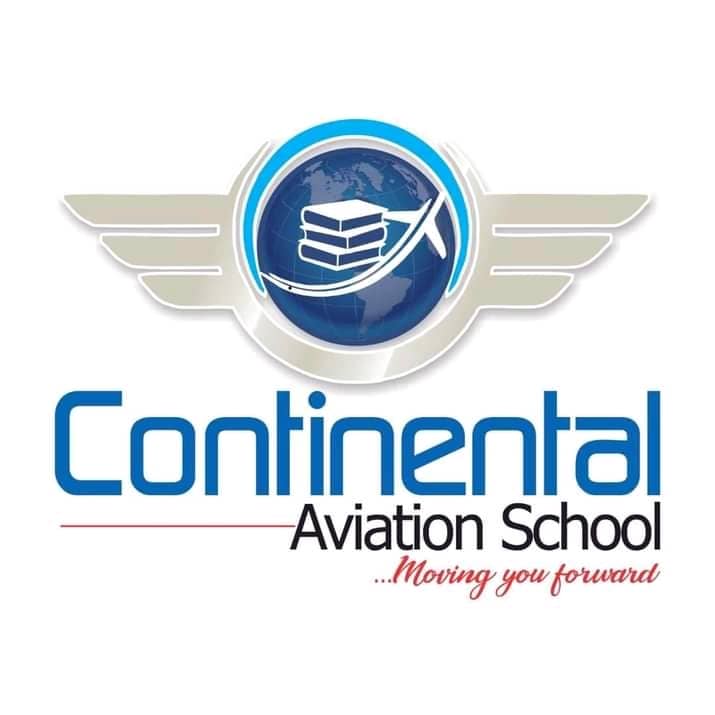Embarking on a journey as an aviation student is an exhilarating experience filled with unique challenges and rewarding opportunities. An aviation career requires dedication, passion, and a solid commitment to continuous learning.
In this article, we will explore the challenges faced by aviation students and the invaluable rewards that come with this educational path.
Being an aviation student is much more than attending classes and studying textbooks. It involves immersing yourself in a dynamic industry, honing technical skills, and preparing for a future in aviation. While the journey may present its fair share of challenges, the rewards and opportunities for personal and professional growth are unparalleled.
Passion for Aviation
One of the essential aspects of being an aviation student is having a genuine passion for aviation. The love for flying, aircraft, and the aviation industry is the driving force that motivates students to overcome challenges and persevere through their education and training. Passion fuels the dedication required to succeed in this field.
Rigorous Academic Demands
Aviation education demands rigorous academic commitments. Students engage in a comprehensive curriculum covering aerodynamics, aviation regulations, navigation, meteorology, and aviation safety.
The coursework can be intense and requires high concentration and dedication to grasp complex concepts and theories.
Aviation students must excel in their academic studies, as the industry strongly emphasizes knowledge and competence. The demanding academic requirements serve as a foundation for future success in the field.
Practical Training and Flight Hours
One of the defining aspects of aviation education is the practical training and flight hours required for certification. Students must undergo extensive hands-on training in simulators and actual aircraft to develop the necessary skills for safe and proficient operation.
Accruing the required flight hours can be a significant challenge, often involving investing time and resources. Students must balance their academic commitments with flight training, ensuring they meet the requirements for licensing and certification.
Financial Considerations
Aviation education can be financially demanding. The costs associated with flight training, simulator usage, textbooks, and licensing exams can add up quickly. Students must carefully plan their finances and explore scholarship opportunities, financial aid, or sponsorship programs to alleviate the financial burden.
It is essential to weigh the costs against the potential returns and long-term career opportunities in the aviation industry. While the financial aspect may pose challenges, the investment in aviation education can lead to a fulfilling and financially rewarding career.
Time Management and Work-Life Balance
Aviation students often face the challenge of managing their time effectively. The demanding coursework, flight training, and study requirements can be overwhelming, leaving little room for other commitments.
Balancing academic responsibilities, flight hours, personal life, and potentially part-time jobs requires strong organizational skills and effective time management.
Maintaining a healthy work-life balance prevents burnout and ensures overall well-being. Students must prioritize self-care, manage their time efficiently, and seek support when needed to navigate the demands of aviation education successfully.
Building Professional Networks
Aviation students can build professional networks early in their educational journey. Networking opportunities arise through interactions with instructors, fellow students, industry professionals, and aviation events.
Building relationships within the aviation community opens doors to mentorship, internships, and potential job opportunities in the future.
Attending industry conferences, joining aviation organizations, and actively participating in aviation-related activities can foster connections and provide valuable insights into the industry.
Rewards of Being an Aviation Student
Despite the challenges, the rewards of being an aviation student are abundant.
- The satisfaction of acquiring new knowledge,
- Mastering technical skills,
- And witnessing personal growth is immensely gratifying. Aviation education cultivates discipline, resilience, and problem-solving abilities that extend beyond the classroom.
The opportunity to fly and operate aircraft is a unique privilege that sets aviation students apart. It is a tangible reward that allows them to experience the sheer joy of flight and connect with their passion profoundly.
Moreover, the potential for a fulfilling career in the aviation industry awaits those who complete their education and training.
Conclusion
Life as an aviation student is an exhilarating and demanding journey. The challenges faced during academic studies, flight training, financial considerations, time management, and work-life balance can be significant.
However, the rewards, personal growth, and career opportunities of being an aviation student make it a worthwhile pursuit.
By embracing the passion for aviation, managing academic demands, seeking practical experiences, developing strong networks, and maintaining perseverance, aviation students lay the foundation for a successful future in the dynamic and captivating world of aviation. Dont procrastinate start now
FAQs
1. Can I pursue an aviation career if I have yet to gain prior aviation experience?
Absolutely! Many aviation students start their educational journey with no previous aviation experience. Aviation programs are designed to provide comprehensive education and training, allowing students to build the necessary skills and knowledge from scratch.
2. How can I manage the financial costs associated with aviation education?
Researching and exploring various financial aid options, scholarships, and sponsorship programs available for aviation students is crucial.
Additionally, consider part-time jobs or work-study opportunities to help offset some of the costs. Proper financial planning and budgeting are essential to managing the financial aspects of aviation education.
3. How can I maintain a healthy work-life balance as an aviation student?
Maintaining a healthy work-life balance requires effective time management, setting priorities, and practicing self-care.
Establish a schedule that allows for dedicated study time, flight training, personal activities, and rest. Seek support from friends, family, and fellow students to share responsibilities and create a support system.
4. What are the long-term career prospects in the aviation industry?
The aviation industry offers many career opportunities, including piloting, aircraft maintenance, air traffic control, and management. With the proper education, training, and experience, aviation students can pursue fulfilling careers in various industry sectors.
5. How can I maximize networking opportunities as an aviation student?
Take advantage of networking opportunities by attending aviation events, joining professional organizations, and engaging with industry professionals.
Be proactive in reaching out, asking questions, and seeking mentorship. Building relationships within the aviation community can provide valuable guidance, support, and potential job prospects in the future.

